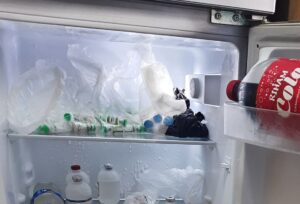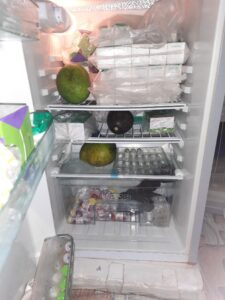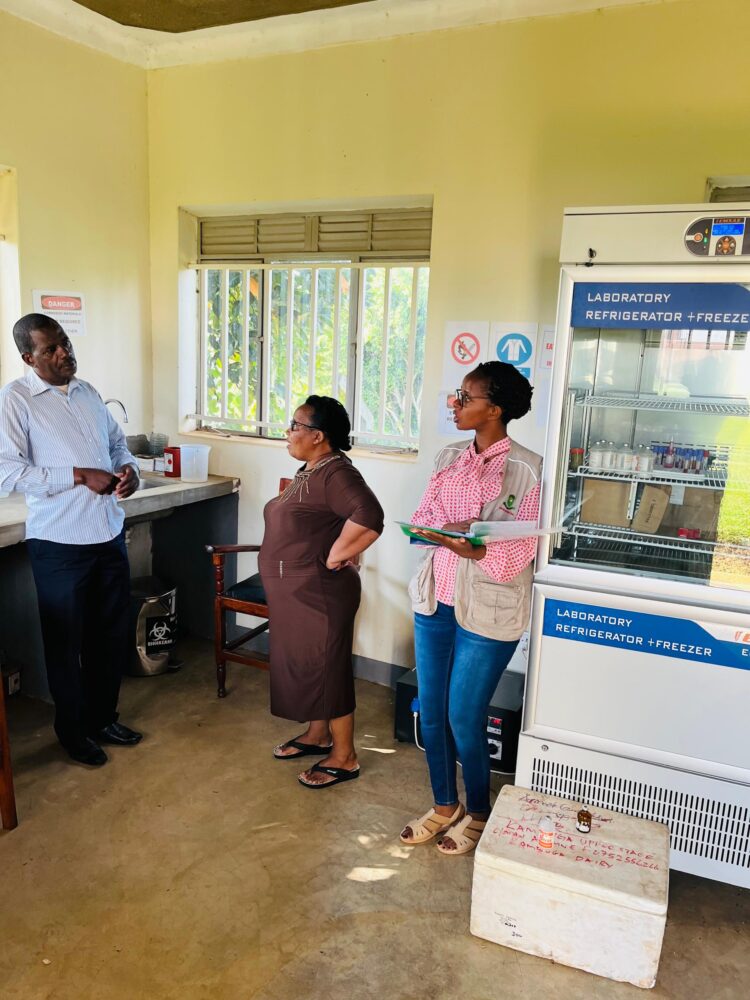By Gilbert Akampa Kakurugu
NATIONAL
The National Drug Authority (NDA) has issued a firm directive to all public and private veterinary vaccine cold chain facilities across Uganda to uphold national standards for vaccine storage and handling or risk undermining the country’s animal health systems.
This urgent call follows a nationwide assessment that revealed troubling lapses in cold chain compliance, threatening the efficacy of animal vaccines and the livelihoods of livestock owners.
Abiaz Rwamwiri the NDA public relations officer revealed that 1.8 million doses of vaccines were impounded across the country for destruction due to poor storage conditions.The cold chain a system designed to maintain temperature-sensitive products like vaccines within safe temperature ranges from production to administration is critical to vaccine effectiveness. Yet, the NDA’s assessment uncovered widespread deficiencies, including:
Substandard infrastructure and cold storage equipment, use of domestic refrigerators instead of pharmaceutical-grade units, Inconsistent temperature monitoring and record-keeping,Frequent power outages without reliable backup systems and Insufficient staff training on cold chain protocols among others.

These failures have led to vaccine spoilage, diminished efficacy, and a rise in vaccine-preventable diseases among animals. The ripple effects include reduced trust in veterinary services and increased financial strain on farmers and veterinary providers.
“During this nation wide assessment, we also discovered that some veterinary drugs were kept together with drinks and fruits in their home use refrigerators, and this puts them at a risk of contamination” said Rwamwiri.
Just like human vaccines, animal vaccines require uninterrupted refrigeration. Any break in the cold chain, whether during storage, transport or due to power failure can compromise vaccine potency and render entire vaccination programs ineffective.

To safeguard Uganda’s animal health and food security, the NDA urges all veterinary vaccine handlers to: Use pharmaceutical-grade refrigerators that are functional, calibrated, and regularly serviced, Install calibrated temperature monitoring devices and maintain accurate daily logs, Implement reliable backup power solutions such as solar panels, generators, or battery systems, Train staff thoroughly on cold chain protocols and emergency procedures and Dispose off expired or compromised vaccines in accordance with national pharmaceutical waste guidelines.








































